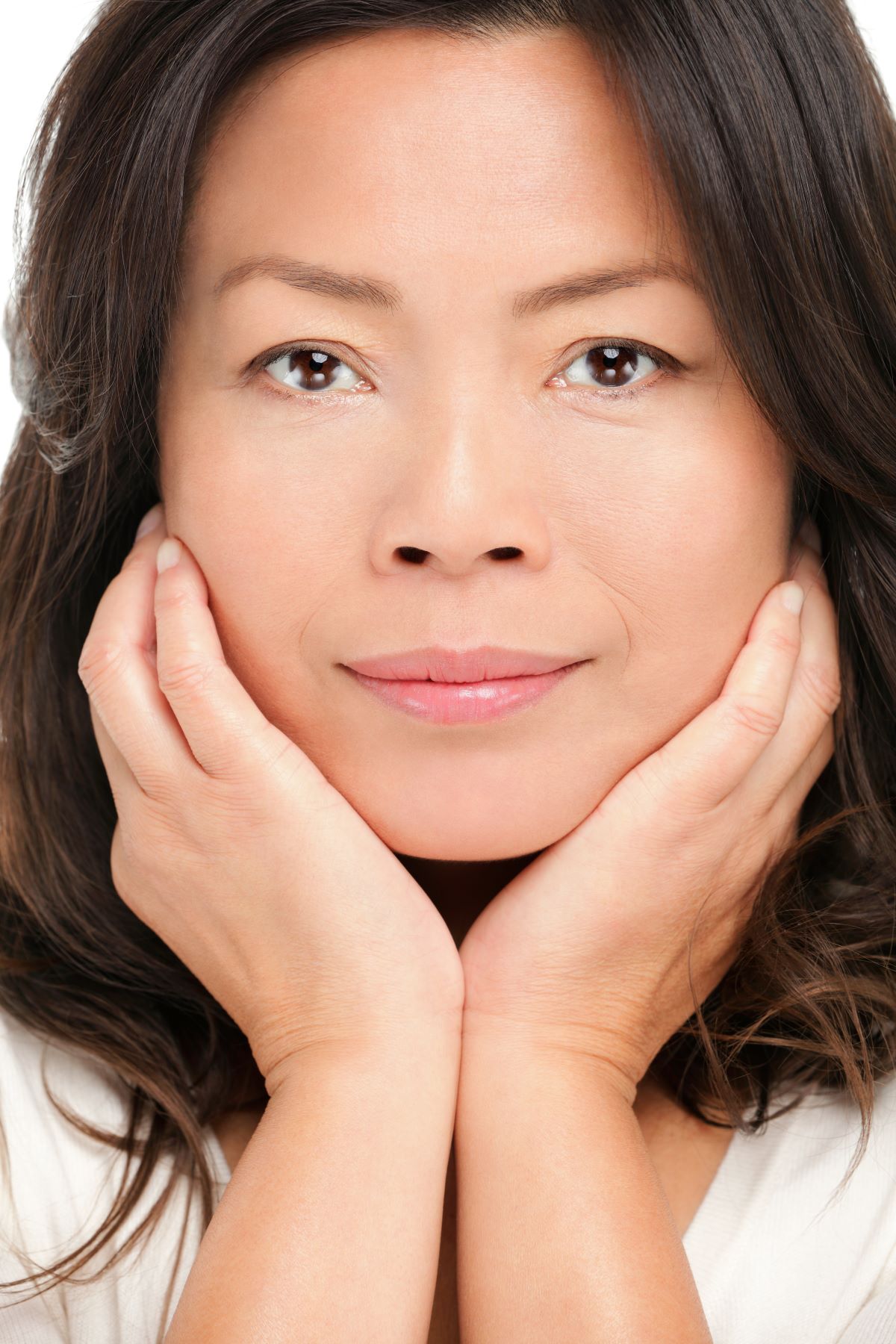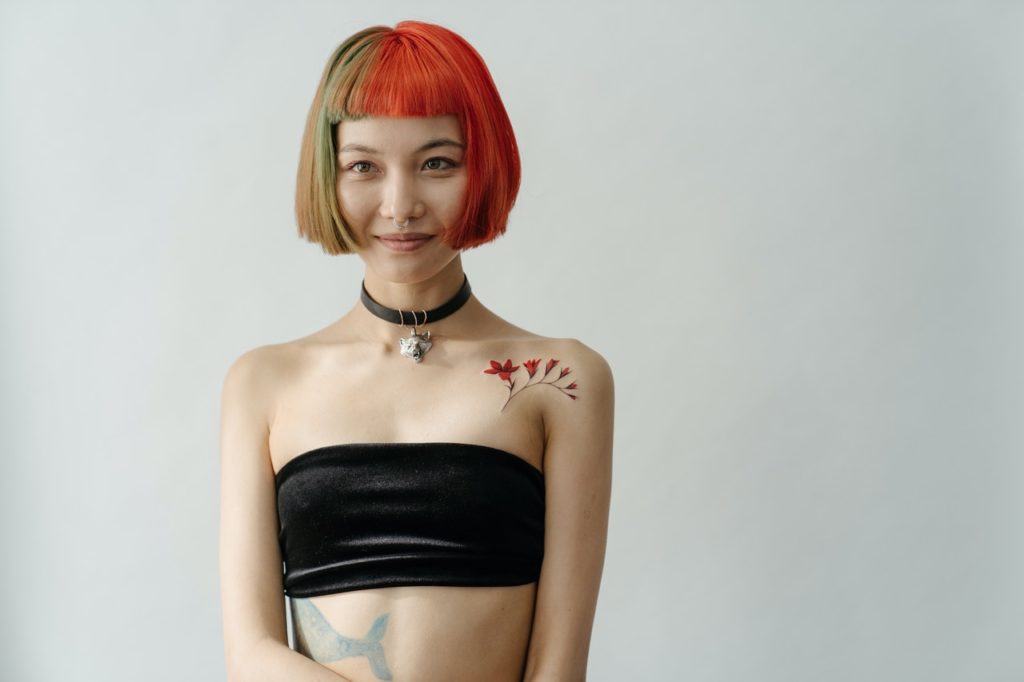Our ideas of beauty vary from culture to culture. They even vary from person to person. They’re influenced by our history, culture, and lifestyle. This is why there’s been much criticism about Asian standards of beauty. For some people around the world, these standards are unrealistic.
For example, having fair skin is one of the most popular goals of the beauty industry market. This is especially prevalent in the South and Southeast Asian countries wherein people’s skin has darker hues. In their culture, having fair skin is the ultimate symbol of beauty. And that, in turn, also connotes a sense of wealth and power. It’s perceived that those who have fair skin are the privileged ones.
Such a standard can still exist in many parts of Asia. But we must also recognize the fact that Asians’ standards of beauty are never permanent. They’re always changing. Today, these are the beauty standards that are influencing the people of Asia.
Dermacosmetics and Other Forms of Aesthetic Medicine
Truth be told, it’s not surprising that there’s an abundance of aesthetic medicine experts in Asia. This is because Asians are notorious for taking beauty very seriously. But that doesn’t mean that this branch of medicine is solely for looking good. In fact, many people go to an aesthetic clinic because of serious skin problems. In Singapore, researchers at the National Skin Centre (NSC) found that about 20 percent of child Singaporeans suffer from eczema. Apart from that, about 11 percent of adults have the same skin problem.
Asians also experience other skin problems. Because of the high pollution rates in urban areas, many children and adults experience acne, blackheads, and other skin issues. It’s not like the pollution issues would go away soon. So they opt for treatment from doctors at aesthetic clinics. This way, their treatment would have a lasting impact.
Natural and Safe Ingredients Sourced in Asia
Today, societies are becoming more inclusive of different cultures. Countries such as Singapore are rich with vibrant cultures, multiple religions, and a mix of different ethnicities. Thus, they create societies that like to take pride in their roots. This is why sourcing natural ingredients from Asia is a growing trend in the beauty industry. This is a foolproof way of promoting Asian roots. It’s a way to show appreciation for what their environment has to offer, instead of going to different countries for ingredients.
Rooki Beauty, based in Singapore, is one of the top cosmetics companies that are proud to source their ingredients locally. Hayley Teo, its founder, believes that using Asian ingredients would make their market excited and proud to use their products. They use matcha, which the company gets from an organic farm in Kyoto, Japan.

The Natural Look
Another way to honor their Asian roots is by embracing their natural look. As discussed earlier, the Asian culture is known to uphold having fair skin, even if it’s so far from their natural skin color. But now, having a more natural look is a growing trend in the beauty industry.
This is why many brands are producing foundations with many color schemes. It’s so that their customers could find the right hue that matches their natural skin tone. Instead of creating a fair glow, the companies are now focusing on enhancing the beauty that’s already there. In Thailand, companies such as Sivanna Colors and Oriental Princess focus on hydrating the skin to achieve a healthy glow and offer protection from the sun.
Complex Steps of K-beauty Skincare
It’s a well-known fact that Koreans are top skincare experts. In South Korea, the beauty industry is very much rooted in making sure that the skin is always healthy and glowing. They believe that by having such healthy skin, they can achieve that natural look. Because of this, it’s not surprising that K-beauty is known for having many complex steps. It’s quite common for Korean women to use more than five skincare products every day as they religiously do their beauty routine.
Beyond skincare products, Koreans are also known to develop dietary supplements to take care of their skin from the inside. They drink beverages with collage to make their skin firmer. With such an arduous take on skincare, K-beauty has become more popular in Asia.
The beauty industry was among the many industries that experienced some downfall due to the COVID-19 pandemic. But, unlike other industries, it bounced back quickly. Because the coronavirus is a health crisis, people have become more driven to have a healthier lifestyle. And that includes maintaining healthy skin. This healthy lifestyle goal will continue to popularize the holistic care that the beauty industry in Asia has been upholding.

